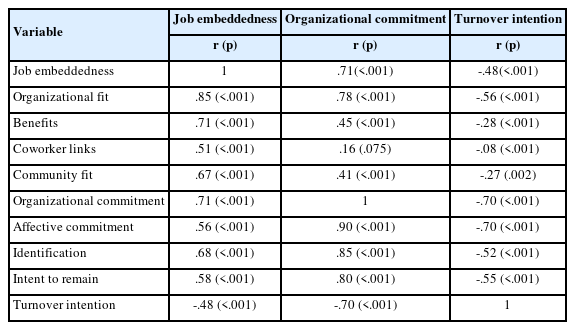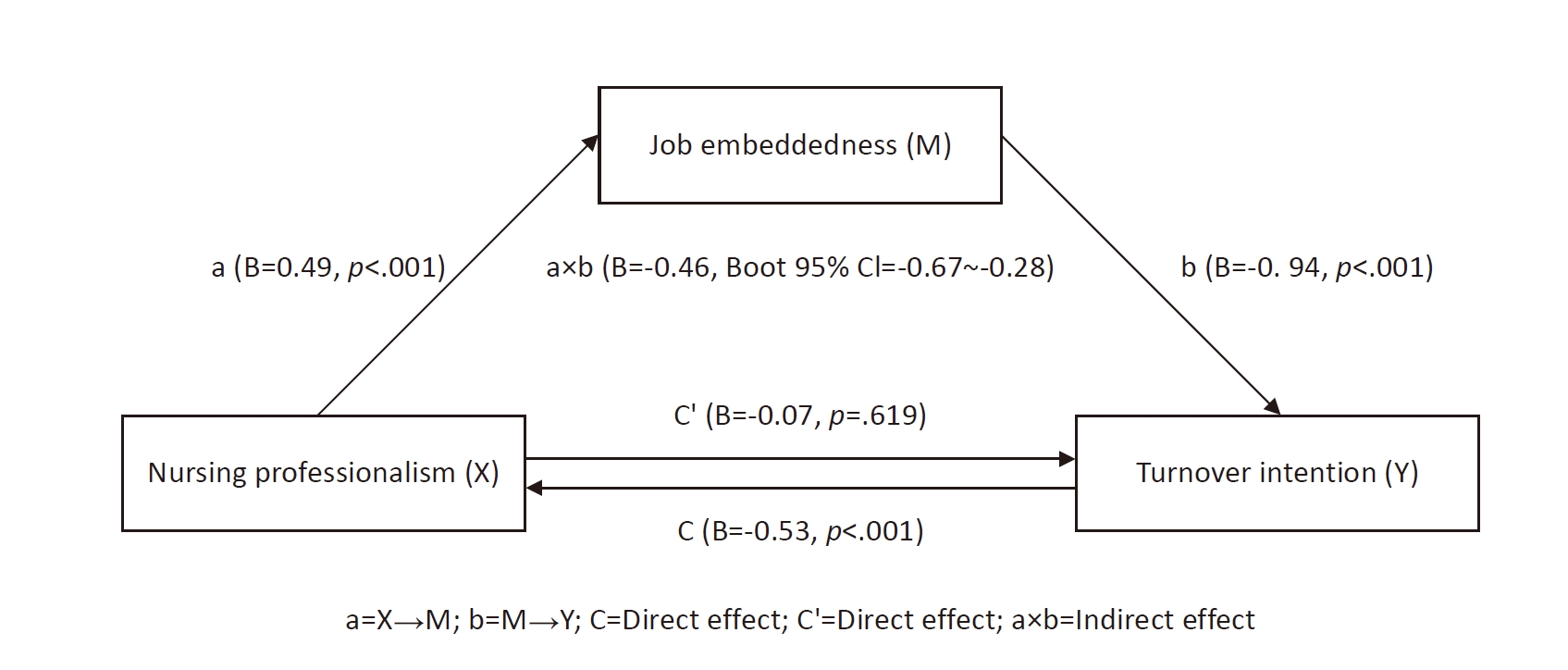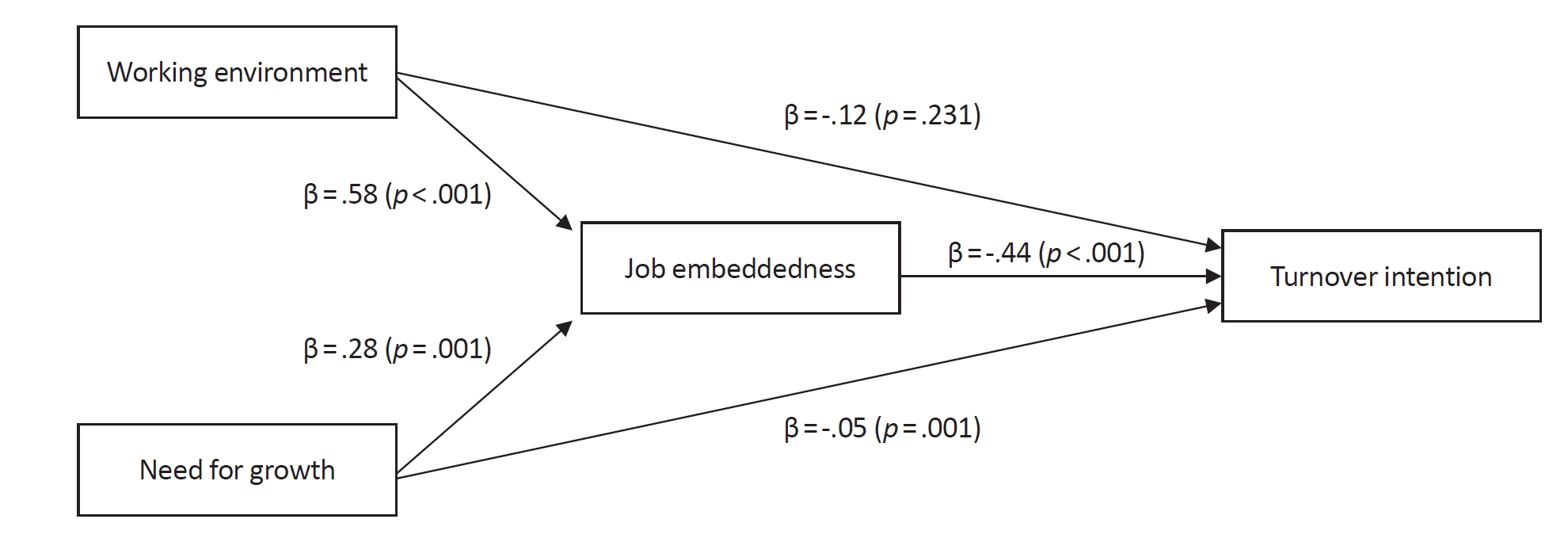



Citations


Citations

Citations

Citations

Citations

Citations

Citations

Citations

Citations

Citations

Citations

Citations

Citations

Citations

Citations

Citations

Citations

Citations

Citations

Citations

Citations

Citations

Citations

Citations

Citations

Citations

Citations

Citations

Citations

Citations

Citations

Citations

Citations

Citations

Citations

Citations

Citations

Citations

Citations

Citations


